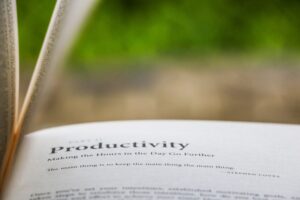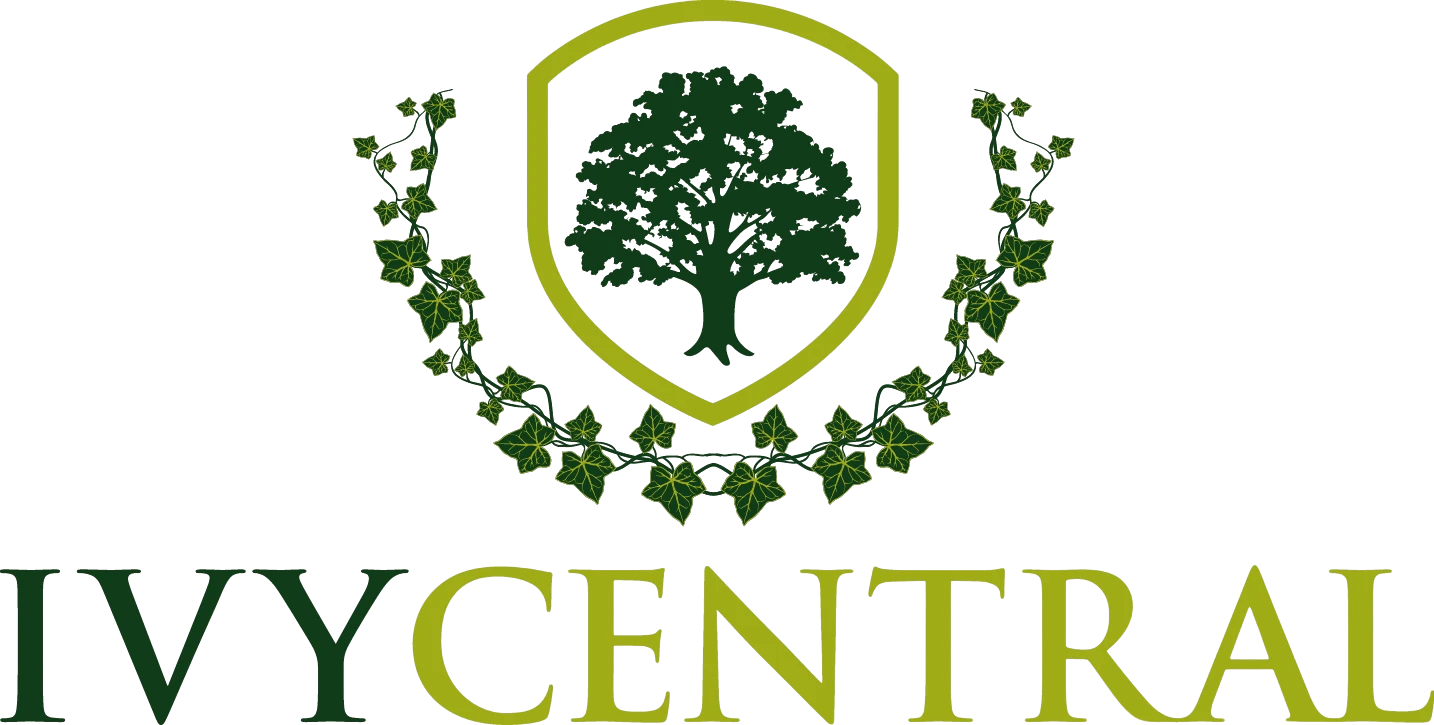
Over the past decade, I have experienced the concept of ‘multitasking’ becoming fashionably cool. I remember reveling in my multitasking skills as a teenager whenever I listened to EDM in the background while solving math problems. Little did I know that I was in the nascent stages of developing the ‘scattered brain syndrome’. This is where most adolescents are. Picking a gadget to fidget has become commonplace (more like, all over the place.)
There is an anxiety of what’s next – what’s happening at that party I was supposed to be at, what are my peers doing right now, what should my next display picture be? Then there is that uncontrollable urge to check one’s phone aimlessly that you don’t realize you’re doing it until you’ve spent half an hour browsing through photos and videos on a social media website you’d already checked a while ago.
Wow. Now you’re just tired and need a break. You go to the living room and press the button that says *OTT Platform*. You resume the 8th episode of a 10-season TV show. Now you have a goal – to finish what you started. Thus, you binge {watch, eat, sleep, and sleep-watch, eat-watch, sleep-eat} and this goes on.
Young adults from 23-30 years of age are facing the same issue. Our brains are unintentionally spent, leaving little to no energy for things we want to achieve and enjoy. Gradually, you feel sleepy all the time and avoid doing tasks that need you to take ownership.
Through this blog, I intend to shed light on minimizing distractions that all of us are struggling with. Stop. Press pause and reflect. Think – How can you move from “let’s see who’s the text from” to “let’s finish the task at hand” mindset? I realize that we all come from varying backgrounds and circumstances – what’s available to me may not be available to you; and vice versa. However, we are all bound by time so I hope these tips help you minimize distractions and live in the moment.
1. Hustle only when you need to
Following the buzz phrase “keep hustling” is unlikely to do you good. “Busyness is a sign of importance, which serves the old guard,” says Dr. Christine Carter, executive director of the Greater Good Science Center at the University of California, Berkeley. We are made to believe that busyness gets us awards. We confuse being productive with being busy, which in most cases is being addicted to our phones. Try to change this mindset.
2. Plan your week and day
Timetabling your week and seeing if you’re adhering to it will help you add structure to your life. This makes your day more meaningful and you start seeing the bigger picture. You learn to question what you like, dislike, what interests you, what would you like to pursue. Visualizing your future is the first step to creating it.
3. Procrastination sounds fun, but don’t do it
The most common response when I ask students why they weren’t able to complete a task is – “I’m struggling with procrastination”. The TED talks that promote procrastination often talk about creating a priority list of tasks and playing around with them. No serious person will ask you to procrastinate aimlessly unless it’s for an artistic purpose such as writing which needs you to play back and forth and spend time reflecting on the topic.
I know there is a fix to this, there has to be, especially because this is a common problem. So I think it would help to circle back to why we procrastinate in the first place. Here’s a link that I found useful and sums up things I’d like to recommend –
https://solvingprocrastination.com/why-people-procrastinate/#The_short_version
4. Learn “singletasking”: Maximize Productivity
Pause and think about:
a) Do you need to have all those tabs open? Would it help you focus if you reduced them to just the essential ones?
b) Must you have all those apps that send you a zillion notifications? Would it help avoid temptations if you just kept the ones you actually need for everyday use?
c) Are you able to distance yourself from your phone? Would it help if you kept it out of sight?
Mihaly Csikszentmihalyi’s ‘Flow: The Psychology of Optimal Experience’ and Devora Zack’s book on ‘Singletasking’ share key insights on how to maximize your productivity through creating a flow zone. Fulfilling one task at a time will help you work efficiently and produce better results rather than jumping from one task to another, which reduces your attention span. By doing the latter, you will find suddenly that your workload has only increased. Now you have a mountain of emails to respond to, and assignments to submit just because you got carried away by a text from a friend who wanted to know when the new Avengers movie is releasing.
Try this:
-
Get yourself an alarm clock to time your work so you’re not checking your phone first thing in the morning (or whenever you sleep)
-
Block time to check emails and texts so that you’re not doing it constantly. Turn off desktop notifications if you’re using the laptop for assignments/homework.
5. Treat yourself
We all like it when we get something we really want. Due to the instant gratification that we are used to, the time between wanting something and getting it has reduced considerably. However, achieving goals you have set for yourself will make you a patient and resilient person over a period of time. You will realize that good things take time and real satisfaction lies in really earning yourself that well-deserved reward.
